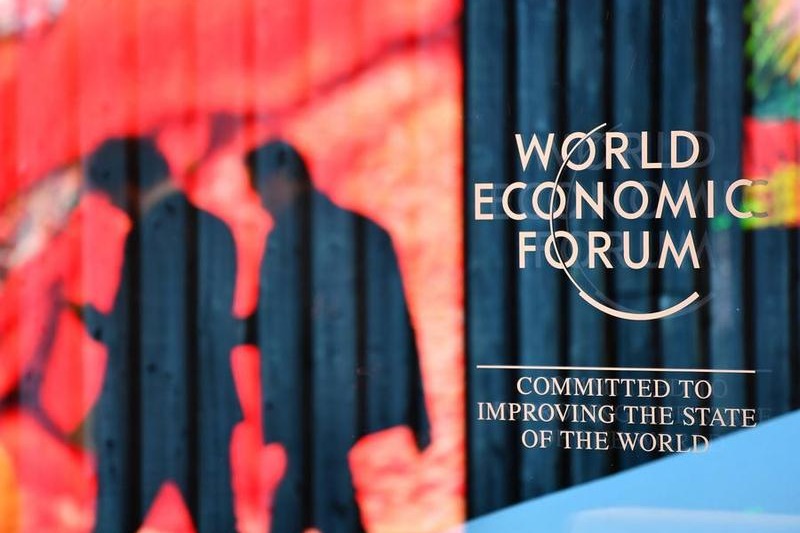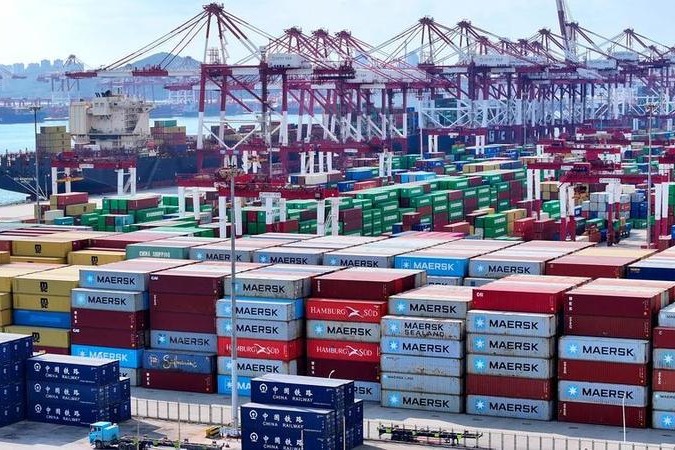India has much to do to woo Chinese firms: China Daily editorial

Although the latest call from some Indian finance and industry officials to ease governmental restrictions on Chinese investment in India is a welcome sign, those Indian policymakers still hesitant to adopt that suggestion, citing an overreliance on China, need to know that even if New Delhi reopens its door to Chinese companies, India might not be able to recover the appeal it had for the latter before 2020.
On the sidelines of a series of foreign ministers' meetings hosted last week by the Association of Southeast Asian Nations in Vientiane, the capital of Laos, the Indian foreign minister urged his Chinese counterpart to address issues between the two countries with a sense of mission and urgency, conveying the haste with which the Indian side is looking to Beijing to at least give it a ladder to climb down so that it can better explain at home the necessity of reopening doors to Chinese companies and investment.
The Sino-Indian relations should not be defined by the border frictions between the two neighbors. It was from 2020 that New Delhi started taking the tensions with China as an excuse to pave the way for its diversionary tactics to implement its nationalist and jingoist strategies at home. The Narendra Modi government not only took the border disputes as a pretext to desinicize Indian industry, information and investment sectors in support of its "Made-in-India" plan but also used it as an open sesame to join Washington's China-containment clique, in a bid to speculate on the latter's reshoring strategy as both a destination for US investment and a manufacturing base exporting to the US market.
However, the lackluster business environment of India, which has poor infrastructure, an underdeveloped industrial base, a lack of contract spirit and skilled labor and inefficient governmental system have prompted many multinational corporations from the US and other developed economies to give up on India. Both the Indian government and these Western investors are well aware that none of these problems can be easily addressed in the short term, offsetting the country's advantages in cheap labor prices.
What makes China hard to be replaced by India or any other developing country is its relative strengths in these areas. These have made it the major trading, logistics and investment partner of most countries in the world and an irreplaceable link in global supply chains.
That the China-India trade volume has stayed largely steady at round $110 billion to $130 billion with Chinese exports to India rising continuously over the past four years, despite New Delhi's "de-risking" efforts, proves China's indispensability to India as a source of mechanical and electrical goods, chemical products and base metals and products, which are of strategic importance to India's manufacturing and export industries.
New Delhi should be reminded that, in the face of its continuous suppression of Chinese companies, apps, technicians, entrepreneurs, investors and reporters, Beijing has exercised considerable restraint and refrained from taking any substantial retaliatory measures, which would have been fully justified to defend its core interests.
The restrictive measures targeting Chinese entities represent only the tip of the iceberg. Only easing them will not pull Chinese investors to India. Not to mention the Chinese companies have found better investment destinations with much better business environment than India over the past four years from where they can more easily access their markets.
The past four years should be enough to remind the Modi government of the limits its nationalistic approach imposes on India. It is the cold shoulders India has met from Western companies and the proved failure of the Modi government to fill the gap left by Chinese companies and investors in industry, technology, investment and exports fields, and the job market that have prompted some to urge the government to reconsider the possibility of reopening India's door to Chinese businesses. That New Delhi eased its visa control to Chinese technicians, engineers and skilled workers earlier in July should also be seen as part of its policy adjustment.
The Modi government clearly knows that its moves so far are far from enough to help Chinese entities rebuild their confidence in India; that entails a systemic change of its China policy.


































